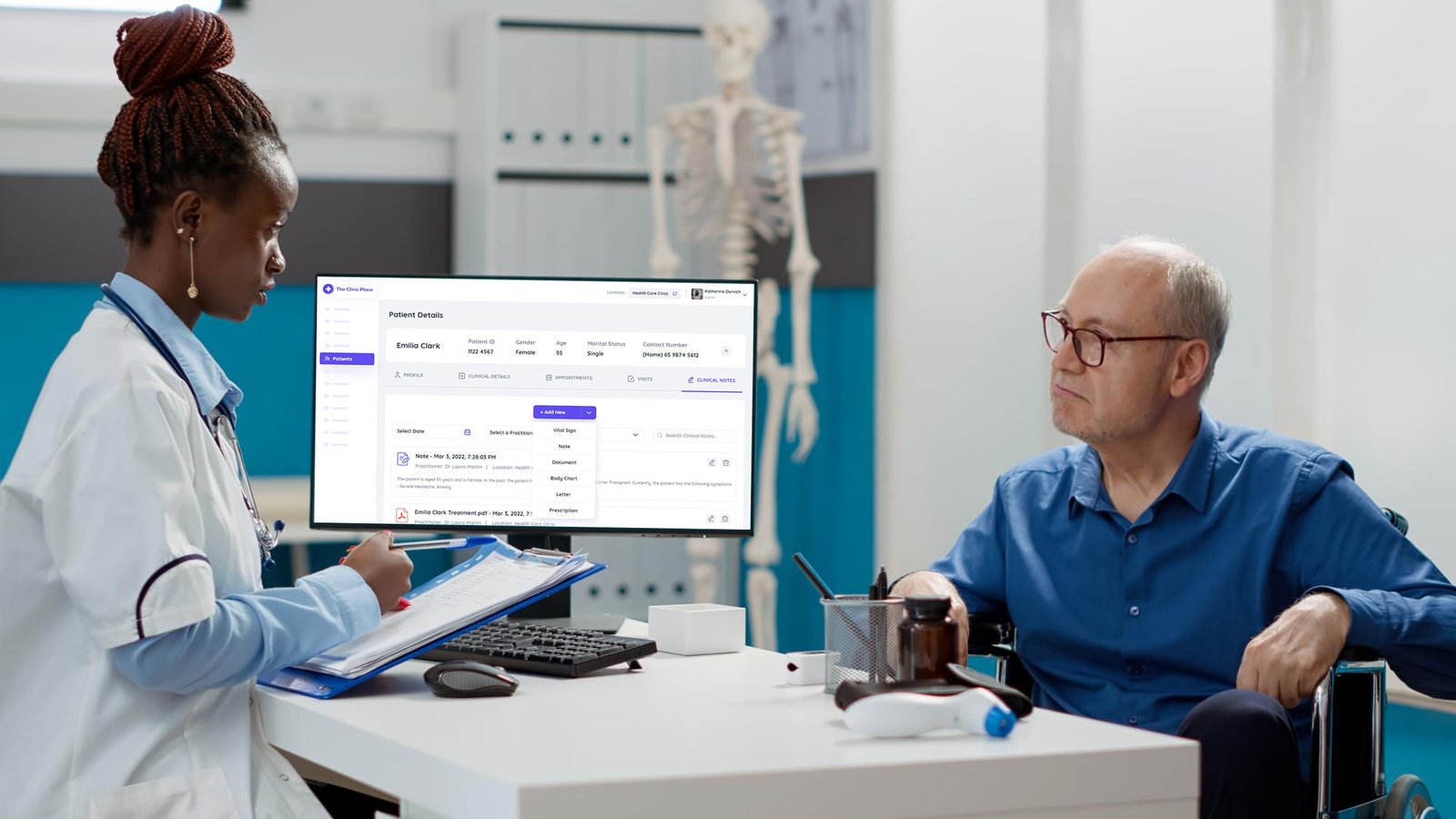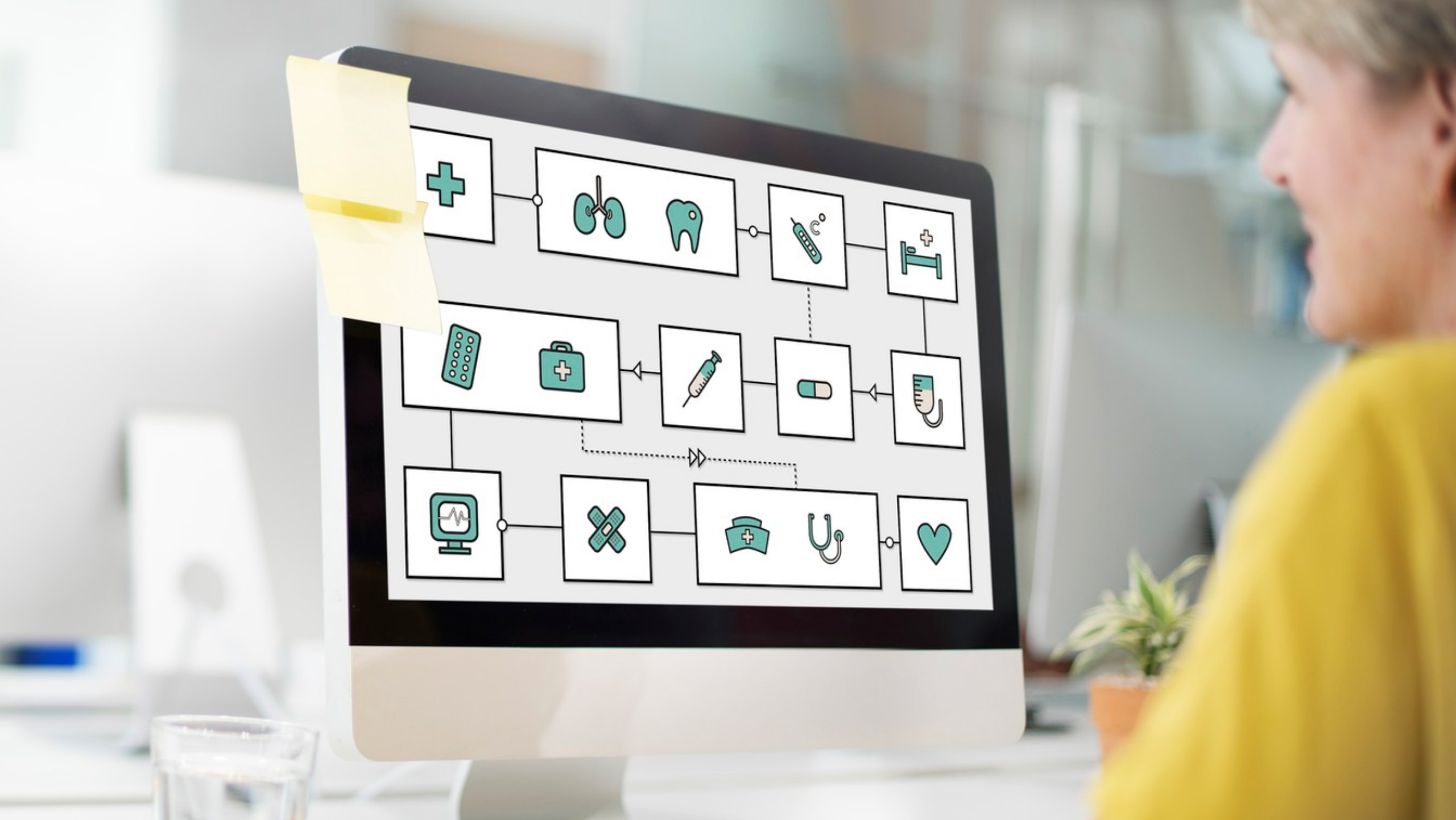AI and the Health Industry: How Technology is Transforming Patient Care
The Clinic Place Team
In a number of ways, artificial intelligence (AI) is altering the way we think about healthcare, from enhancing diagnosis and treatment planning to streamlining administrative duties. There are many possible uses for AI in healthcare, and it is obvious that this technology has the ability to completely change the way we provide patient care. In this blog article, we’ll look more closely at how AI is altering the healthcare sector and how ChatGPT is just one illustration of the technology’s potential.
How is AI changing the healthcare sector?
The health sector is being transformed by AI in a variety of ways, including:
- Enhancing diagnosis and treatment planning: AI systems can be trained on huge datasets of clinical trial data or electronic health records to find trends and predict results. This can assist medical professionals in developing more precise diagnoses and successful treatment programmes for their patients.
- Administrative Task: Administrative chores can be automated with AI, freeing up staff time for more complex work by processing mundane tasks like appointment scheduling or insurance claims.
- Increasing patient engagement: AI-powered chatbots and other applications can be used to interact with patients in a personalised and organic fashion, fostering a sense of trust and boosting patient happiness.
- Enhancing data collection and analysis: AI can be used to gather and examine significant amounts of patient data, which can be used to monitor results and spot trends. This information can be utilised to enhance patient care and guide clinical judgement.
What is ChatGPT, and how does the healthcare sector use it?
The ChatGPT language model, a variation of the GPT (Generative Pre-training Transformer) language model created for chatbot applications, is one particular AI technology that is being employed in the health industry. ChatGPT leverages this training to provide responses to user input that are natural and human-like since it has been trained on a sizable dataset of conversational text, such as chat transcripts or social media posts.
In the healthcare sector, ChatGPT is utilised in a variety of ways to enhance patient care, including:
- Automating repetitive chores: ChatGPT can be used to create chatbots that can take care of repetitive duties, such making appointments or giving information about clinic policies. This can increase the clinic’s overall effectiveness by allowing staff members to focus on more difficult duties.
- Providing Information: Patients can receive information and help from chatbots powered by ChatGPT about their health, available treatments, and other pertinent subjects. Patients who have queries or concerns beyond regular clinic hours, when personnel might not be present to help, may find this to be extremely helpful.
- Enhancing patient engagement: ChatGPT can be used to create chatbots that can interact naturally and individually with patients, fostering a sense of trust and raising patient satisfaction. Patients with chronic diseases or those who require continuing support to manage their health may find this to be especially helpful.
- Enhancing data gathering and analysis: ChatGPT can be used to create chatbots that can ask patients about their health and well-being and collect data. This data can then be used to follow results and spot trends. This information can be utilised to enhance patient care and guide clinical judgement.
In conclusion, ChatGPT is only one example of how AI is changing the health business and how it will do so in the future. AI is transforming how we provide patient care, from enhancing diagnosis and treatment planning to streamline administrative procedures. Routine chores are automated, patients are given information and assistance, patient engagement is improved, and data collection and analysis are all done using ChatGPT, a variation of the GPT language model created for chatbot applications. It is obvious that as AI develops, it will play a more and bigger part in the healthcare sector, and innovations like ChatGPT will be at the forefront of this change. Consider speaking with us or investigating the tools and resources for developing AI-powered applications if you’re interested in learning how AI may improve your clinic or practise.
You may also like these articles!

Streamline Your Clinical Documentation with SOAP Notes
Share via:Clinical notes are a crucial tool for recording patient visits and giving a history of the care given. In a clinical context, SOAP notes are a standard format for recording patient encounters. Subjective, Objective, Assessment, and Plan make up their four fundamental structural pillars. These are some possible models for clinic clinical notes: Subjective: […]
The Clinic Place Team

Electronic Health Records and Clinical Decision-Making: How Data is Changing the Way Doctors Treat Patients
Share via:EHRs make medical histories, prescriptions, allergies, and test results easily accessible to doctors, changing how they treat patients. This information is very important for making clinical decisions because it helps doctors choose the best diagnosis and treatment options. One of the main benefits of EHRs is that they can make patients safer. EHRs can […]
The Clinic Place Team

Best practices for patient communication and education in chiropractic care
Share via:Chiropractic care must include effective patient education and communication. Chiropractors may foster trust, increase patient comprehension and compliance, and provide better results by giving patients information that is succinct, accurate, and clear. We will look at the greatest methods for patient education and communication in chiropractic therapy in this blog post. Why is it […]
The Clinic Place Team